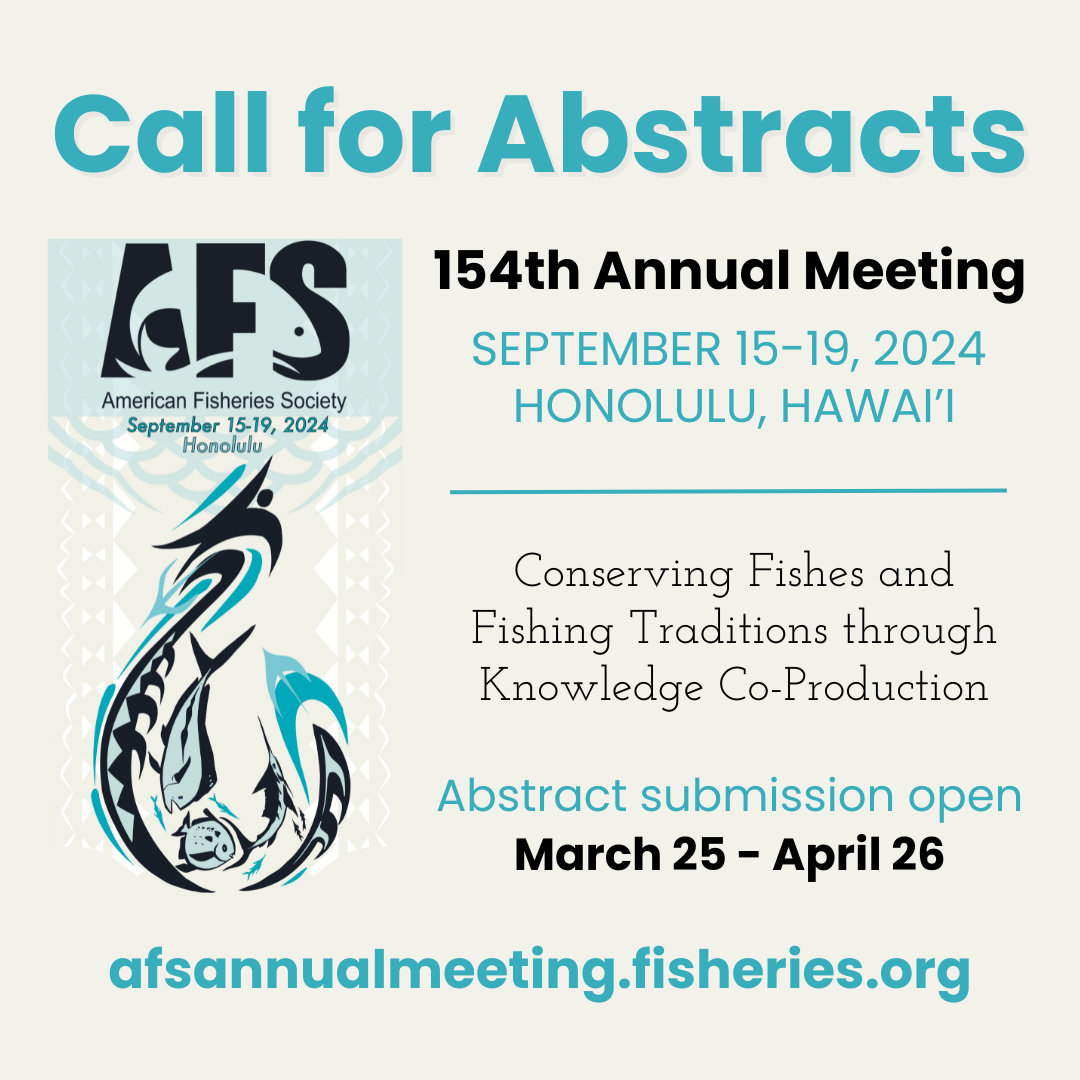March 31, 2023
The Honorable Patty Murray
Chair
Senate Appropriations Committee
S-128 CAP
Washington, D.C. 20510 |
The Honorable Susan Collins
Ranking Member
Senate Appropriations Committee
S-146A CAP
Washington, D.C. 20510 |
Dear Chairman Murray and Ranking Member Collins,
The undersigned organizations represent millions of hunters, anglers, outdoor enthusiasts, land stewards, scientists, and natural resource professionals who together comprise the centerpiece of a powerful economic engine and have helped to place the United States as the world leader in conservation. In July 2020, we delivered to Congress our joint Sportsmen & Sportswomen Climate Statement detailing nature-based climate solutions and asking for meaningful legislation to address the impacts of climate change.
We write to express support for the critical programs and initiatives that contribute to climate action within the Department of Agriculture (USDA), Department of Transportation (DoT), Department of Homeland Security (DHS), and Department of Commerce (DOC). These programs expand and mature the role of nature-based solutions in infrastructure and climate mitigation and adaptation solutions that benefit fish and wildlife, habitat, and people and communities that depend upon healthy ecosystems.
As your subcommittee drafts FY24 spending legislation, we ask you to consider our recommendations below:
Department of Agriculture
Climate Hubs – $40 million
With 10 regional locations, the Climate Hubs collaborate across USDA agencies linking research and tools to producers and agency staff. The hubs support the adoption of climate-smart practices and establish regional and State-based projects that improve understanding of how natural resource conditions on working lands are affected by climate change. The Hubs are essential to improve the performance of programs that conserve the land and sustain agriculture production by enabling climate-informed decision-making.
Department of Transportation
Promoting Resilient Operations for Transformative, Efficient, and Cost-saving Transportation (PROTECT) Formula and Competitive Programs – $1.8 billion
The Bipartisan Infrastructure Law established the PROTECT program to make transportation infrastructure more resilient to extreme weather events, seal level rise, and other natural disasters. As infrastructure continues to be impacted by climate change, these programs are critical to support planning and implementation of resilience improvements for evacuation routes and community resilience in the face of extreme weather events like wildfires, flooding, and extreme heat.
Department of Homeland Security
Federal Emergency Management Agency, Building Resilient Infrastructure and Communities (BRIC) program – $1 billion set aside
In a proactive approach to climate risk, funding for pre-disaster mitigation is critical to enable communities to reduce risks from climate-influenced future disasters and natural hazards. Administered through a 6% set aside from the Disaster Relief Fund, the program’s funding levels have not been enough to meet demands. This requested additional $1 billion appropriation for the BRIC program will enable greater emphasis and support for projects that incorporate nature-based solutions enhance climate resilience and adaptation. Additionally, we recommend language to support continued focus on natural infrastructure: “Natural Infrastructure Activities. Within 180 days of the date of enactment of this Act, FEMA shall provide the Committees a report on the number, total requested funding, and percentage of fiscal year 2022 BRIC applications for natural infrastructure projects, and a comparison of these numbers to the fiscal year 2021 grant cycle. The report shall be disaggregated by successful and unsuccessful applications and describe the types of natural infrastructure activities funded.”
Department of Commerce
Bureau of Economic Analysis (BEA), U.S. Economic-Environmental Accounts – $8.5 million
BEA will establish a new system for U.S. Economic-Environmental Accounts to measure the contribution of environmental economic activities to economic growth. Many studies have supported the growing knowledge that responsible land management contributes to the economy. Funding research on environmental-economic statistics is in alignment with the National Strategy on Developing Statistics for Environmental-Economic Decisions and will allow strategic decision-making for land management strategies to further support economic growth.
Healthy, functioning ecosystems mitigate climate change while also making our communities and wildlife more resilient to climate change impacts. The funding provisions outlined above will help protect, restore, and enable critical ecosystems necessary for maintaining hunting, fishing, and outdoor recreation economies while providing relevant agencies with access to the best available data to ensure our natural systems work to protect and sustain us.
We appreciate your consideration of these requests, and we look forward to working with you and your colleagues as FY24 spending legislation progresses through Congress.
Sincerely,
American Fisheries Society
American Fly Fishing Trade Association
American Sportfishing Association
American Woodcock Society
Backcountry Hunters & Anglers
Fly Fishers International
Izaak Walton League of America
Minority Outdoor Alliance
National Deer Association
Pheasants Forever
Quail Forever
Ruffed Grouse Society
Theodore Roosevelt Conservation Partnership
Wildlife Management Institute





